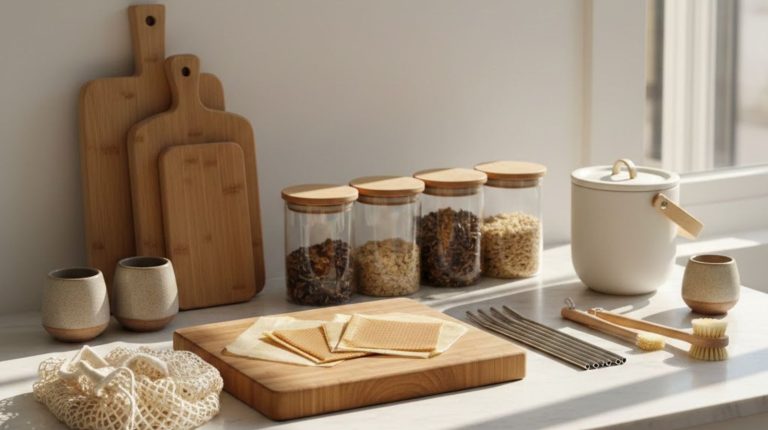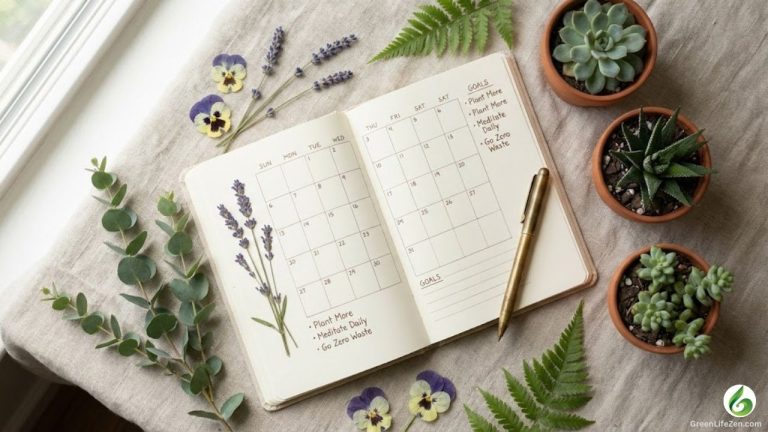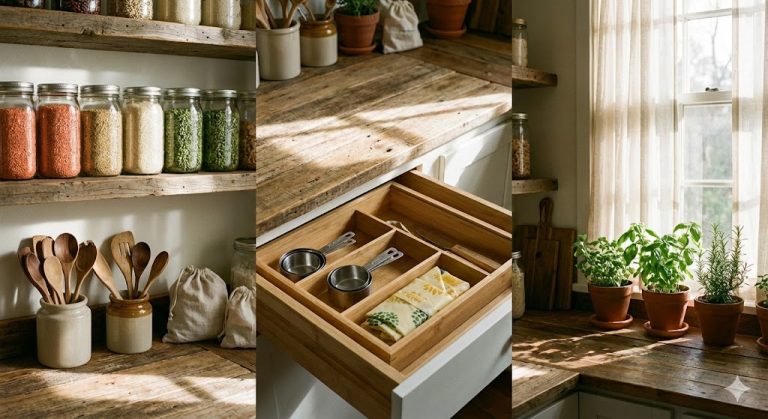Are you tired of paying high electricity bills? We have a secret that will not only save you money but also help protect our environment. Water conservation is the key to unlocking this hidden power.
By simply fixing leaky faucets, using water-efficient appliances, and collecting rainwater, we can make a huge impact on both water conservation and energy savings. Join us on this journey as we reveal the secret to saving electricity through the magic of water conservation.
Importance of Water Conservation
Water conservation is crucial for preserving our natural resources and ensuring a sustainable future. Not only does it help protect our environment, but it also has a significant economic impact. By conserving water, we can reduce the strain on water supplies and lower the costs associated with treating and distributing water. This, in turn, can lead to lower water bills for individuals and businesses alike.
However, the responsibility of water conservation doesn’t solely rest on the shoulders of individuals. The role of government in promoting water conservation is essential. Government policies and regulations can incentivize water-saving practices, invest in infrastructure improvements, and raise awareness about the importance of water conservation.
Together, through individual actions and government support, we can make a significant difference in preserving our precious water resources and building a sustainable future for all.
Water-Efficient Appliances and Fixtures
By implementing water-efficient appliances and fixtures, we can further enhance our efforts to conserve this precious resource and contribute to a sustainable future. Here are four reasons why water-efficient appliances and fixtures are a smart choice:
- Water savings: Water-efficient appliances and fixtures use less water without compromising performance. This means you can still enjoy a refreshing shower or a sparkling clean dishwasher, while saving gallons of water every day.
- Cost savings: With water-efficient appliances and fixtures, you can reduce your water bills significantly. By using less water, you’ll spend less money on utilities, leaving you with more cash in your pocket for the things that matter.
- Environmental impact: Conserving water helps protect our ecosystems and reduces strain on water sources. By choosing water-efficient appliances and fixtures, you’re actively contributing to the preservation of our planet.
- Long-term investment: Investing in water-efficient appliances and fixtures is a wise decision. Not only will you save money on water bills, but you’ll also increase the value of your home.
Rainwater Harvesting for Non-Potable Use
We can maximize water conservation efforts by utilizing rainwater for non-potable purposes. Rainwater harvesting is a smart and sustainable way to reduce water consumption and save energy. By integrating rainwater collection systems into our homes and buildings, we can collect and store rainwater for various uses such as watering plants, washing cars, and flushing toilets.
However, there are some integration challenges to consider. Installing rainwater collection systems may require additional plumbing and storage space. It’s important to ensure proper filtration and maintenance to keep the water clean and safe for non-potable use.
Despite these challenges, the benefits of rainwater harvesting are worth it. Not only does it help conserve water and reduce the strain on public water supplies, but it also saves electricity by reducing the need for water treatment and distribution.
Native Landscaping for Water Conservation
As we continue our exploration of water conservation methods, let’s delve into the topic of native landscaping and its role in water conservation for saving electricity consumption.
Native plants are well-adapted to local climates and require less water compared to non-native species. Here are four water-wise gardening techniques that highlight the benefits of native plants:
- Reduced irrigation needs: Native plants are accustomed to local rainfall patterns, reducing the need for additional watering.
- Soil conservation: Native plants have deep root systems that help prevent soil erosion and retain moisture in the ground.
- Biodiversity support: Native plants attract pollinators and provide habitat for local wildlife, contributing to a healthy ecosystem.
- Low maintenance: Native plants are generally hardy and pest-resistant, reducing the need for chemical pesticides and fertilizers.
Habits for Water and Electricity Savings
Continuing our exploration of water conservation methods, let’s now delve into habits that can help us save both water and electricity. By adopting these simple habits, we can make a significant impact on our environment and our utility bills.
Firstly, let’s talk about water-saving technologies. Installing water-efficient appliances and fixtures, such as low-flow showerheads and dual-flush toilets, can dramatically reduce water consumption.
Secondly, let’s discuss sustainable water practices. Collecting rainwater for gardening and using it for non-potable purposes is a great way to conserve water. Additionally, landscaping with native plants can help reduce the need for irrigation.
By incorporating these habits into our daily routines, we can save not only water but also electricity, promoting a more sustainable future.
Benefits of Energy Efficiency
Let’s explore the benefits of energy efficiency and how it can positively impact our environment and utility costs. Here are four reasons why energy efficiency is worth considering:
- Lower utility bills: By implementing energy-saving tips like using energy-efficient light bulbs and appliances, we can reduce our electricity usage and save money on our monthly bills.
- Reduced carbon footprint: Energy efficiency helps in reducing our carbon emissions, making a significant impact on combating climate change. Simple actions like insulating our homes and using programmable thermostats can go a long way in minimizing our environmental impact.
- Increased comfort: Improving energy efficiency means better insulation and sealing air leaks, leading to a more comfortable living environment. Plus, who doesn’t want to save money while being cozy?
- Job creation: Investing in energy efficiency and renewable energy technologies creates job opportunities, contributing to economic growth and sustainability.
The Connection Between Water Conservation and Electricity
Energy efficiency and water conservation are closely intertwined, with each having a direct impact on the other.
When we conserve water, we also save electricity. How does this work? Well, water scarcity can actually affect energy production. Many power plants rely on water for cooling, and when there’s a shortage, they struggle to generate electricity efficiently.
On the flip side, energy is needed to treat and transport water, so when we reduce our electricity consumption, we indirectly conserve water.
But there’s more! Renewable energy solutions can also play a role in water conservation. For example, solar panels can power water pumps, reducing the need for energy-intensive methods of water extraction.
Conclusion
As we reach the end of this exploration, we’re left with a tantalizing question: what if unlocking the secret to water conservation could also unlock the power to save electricity?
Through simple actions like fixing leaks and using water-efficient appliances, we’ve the potential to make a significant impact on both our water resources and energy consumption.
So let’s embark on this journey together, and together, let’s embrace the hidden potential of water conservation for saving electricity to create a brighter, more sustainable future.




